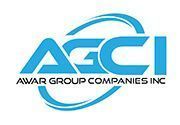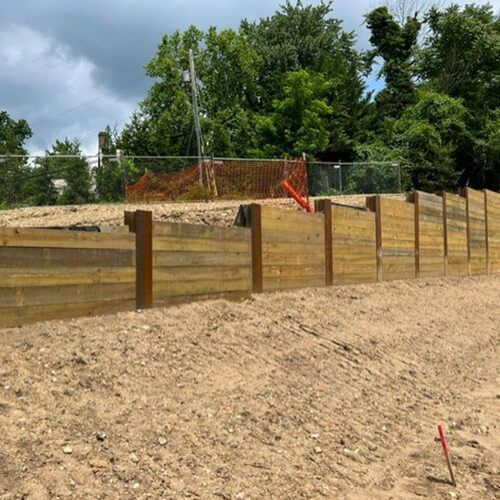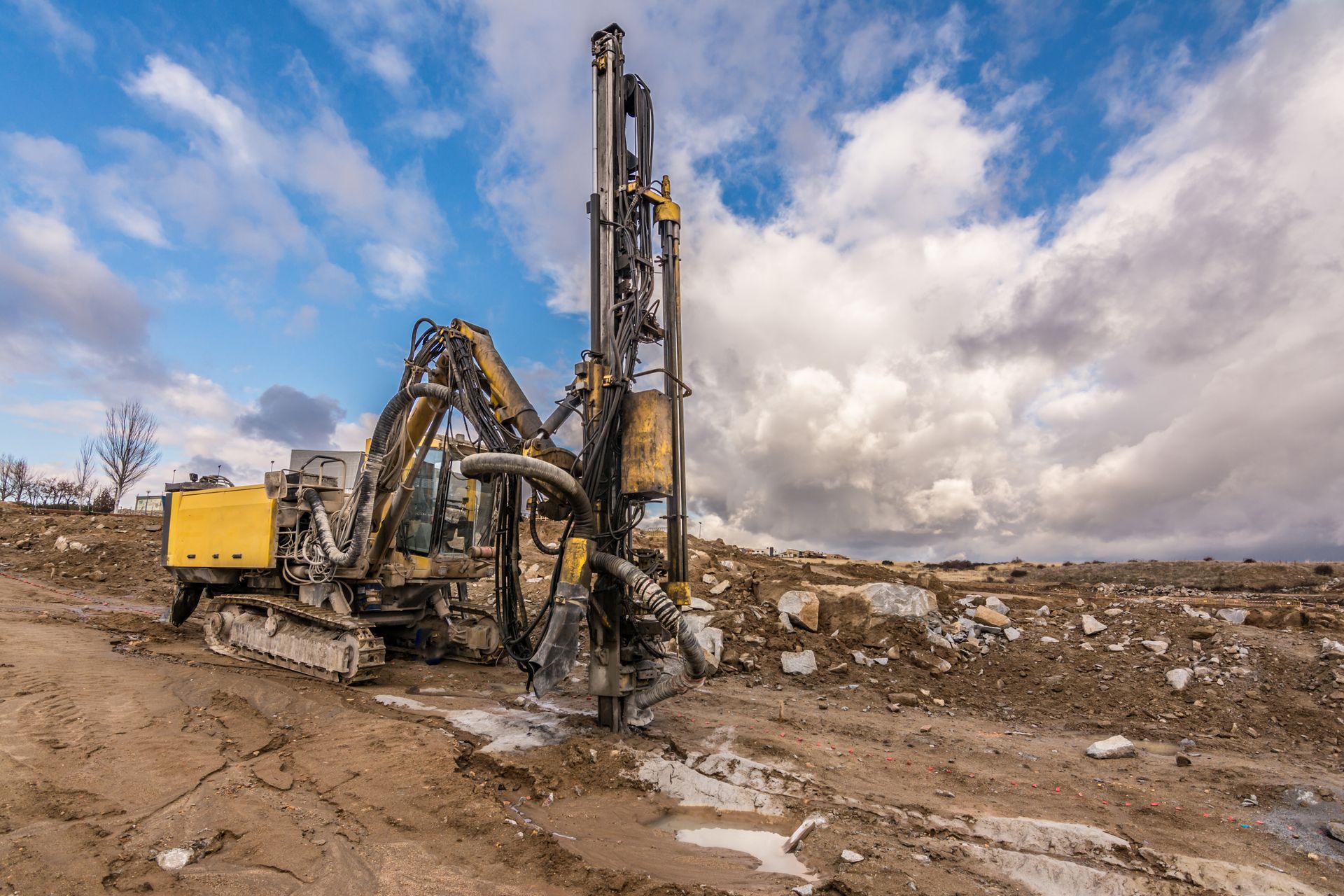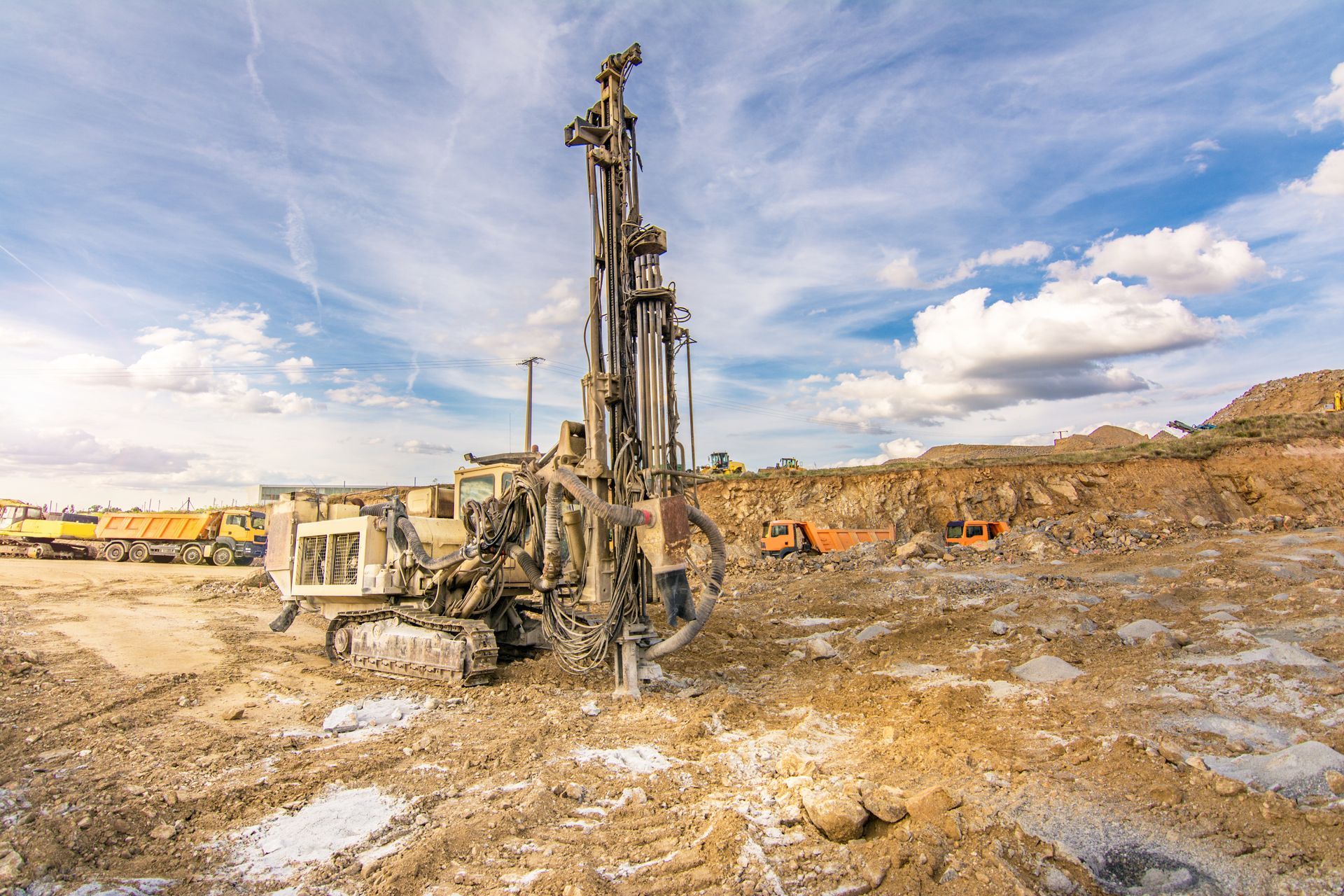What Is A Retaining Wall and What Is It For?
Retaining walls are essential structures used in landscaping and construction to manage soil and water. They provide stability and support to prevent soil erosion and create level areas on sloped terrain. Whether you’re planning a new garden, stabilizing a hillside, or constructing a commercial property, understanding the role and benefits of retaining walls is crucial for making informed decisions. In this blog post, we will explore what retaining walls are, their various types and uses, and why they are an important part of modern construction and landscaping.
Introduction to Retaining Walls
A retaining wall is a structure designed to retain soil behind it, preventing the soil from moving or eroding away. These walls are commonly used in areas with varying elevations, such as hilly or sloped terrains. By providing support and stabilization, retaining walls help to create level areas, manage stormwater, and improve the overall functionality and appearance of a landscape or construction site.
Types of Retaining Walls
Gravity Walls
Gravity walls rely on their own weight to resist the pressure of the soil behind them. They are typically made from materials like concrete, stone, or brick.
Advantages:
- Simplicity: Easy to construct with basic materials.
- Durability: Suitable for low to moderate heights.
- Cost-Effective: Generally less expensive compared to other types.
Cantilevered Walls
Cantilevered walls use a reinforced concrete slab that extends out from the base to counteract soil pressure. They are designed to handle higher loads than gravity walls.
Advantages:
- Strength: Suitable for taller walls and heavier loads.
- Efficiency: Uses less material compared to gravity walls for the same height.
- Versatility: Can be used in various applications, including commercial projects.
Anchored Walls
Anchored walls use cables or rods anchored into the ground to provide additional support. These walls are often used in situations where soil pressure is exceptionally high.
Advantages:
- High Load Capacity: Effective for very tall or heavy walls.
- Stability: Provides added support to prevent movement.
- Space-saving: Allows for steeper slopes and more challenging terrains.
Sheet Pile Walls
Sheet pile walls are made from interlocking sheets of metal or plastic driven into the ground. They are commonly used in areas with loose or unstable soil.
Advantages:
- Flexibility: Suitable for various soil conditions.
- Ease of Installation: Quick to install in soft soils.
- Minimal Excavation: Requires less space for installation.
Gabion Walls
Gabion walls are constructed from wire cages filled with stones or other materials. They are often used for erosion control and landscape design.
Advantages:
- Natural Appearance: Blends well with natural surroundings.
- Flexibility: Can be adapted to different shapes and sizes.
- Drainage: Allows water to flow through, reducing pressure on the wall.
Purpose and Benefits of Retaining Walls
Erosion Control
Retaining walls prevent soil erosion by stabilizing slopes and preventing the downhill movement of soil.
Benefits:
- Prevents Soil Loss: Protects valuable topsoil from being washed away.
- Reduces Flooding: Helps manage stormwater runoff and reduces the risk of flooding.
Aesthetic Appeal
Retaining walls can enhance the visual appeal of a property by creating defined spaces and adding structure to the landscape.
Benefits:
- Design Flexibility: Available in various materials and styles to match your aesthetic preferences.
- Landscaping Opportunities: Creates opportunities for garden beds, walkways, and outdoor living areas.
Space Creation
By leveling slopes, retaining walls create usable space for outdoor activities, gardening, or additional construction.
Benefits:
- Increased Usable Area: Provides flat surfaces for patios, lawns, or play areas.
- Improved Functionality: Allows for better use of sloped or uneven terrain.
Safety and Stability
Retaining walls provide structural support to prevent landslides, soil movement, and collapse in areas with unstable ground.
Benefits:
- Prevents Damage: Protects structures and property from potential landslides.
- Enhances Safety: Reduces the risk of soil collapse or erosion-related accidents.
Water Management
Properly designed retaining walls manage water flow and prevent excessive runoff, which can lead to erosion and damage.
Benefits:
- Improves Drainage: Directs water away from vulnerable areas.
- Reduces Water Pressure: Prevents water from building up behind the wall and causing structural issues.
Choosing the Right Type of Retaining Wall
Selecting the right type of retaining wall depends on several factors:
- Soil Conditions: Different walls are suited for various soil types and stability conditions.
- Height and Load: Consider the height of the wall and the load it needs to support.
- Aesthetic Preferences: Choose a material and style that complements your landscape design.
- Budget: Factor in construction and maintenance costs.
Design Considerations for Retaining Walls
When designing a retaining wall, consider the following factors:
- Engineering Requirements: Ensure the design meets local building codes and engineering standards.
- Drainage: Incorporate drainage solutions to manage water flow and prevent pressure build-up.
- Materials: Select durable materials that suit the environmental conditions and design goals.
- Maintenance: Plan for ongoing maintenance to ensure the wall remains stable and functional.
Maintenance Tips for Retaining Walls
To keep your retaining wall in good condition, follow these maintenance tips:
- Regular Inspections: Check for signs of damage, such as cracks or leaning.
- Clean Drains: Ensure drainage systems are clear and functioning properly.
- Repair Damage: Address any issues promptly to prevent further damage.
- Check for Vegetation: Remove roots and plants that may affect the stability of the wall.
Enhance Your Property: Expert Retaining Wall Installation in Laurel, MD
Elevate the functionality and aesthetic appeal of your property with professional retaining wall installation from Awar Group Companies, Inc. Our team of experts in Laurel, MD, is dedicated to delivering high-quality retaining walls that meet your specific needs and enhance your landscape. We offer comprehensive services, including design, installation, and maintenance, ensuring your retaining wall performs well and complements your property’s design.
Whether you need a retaining wall for erosion control, creating level spaces, or enhancing visual appeal, we have the skills and experience to get the job done right. Contact us today at
(757) 287-1737 to schedule a consultation or to learn more about our retaining wall services. Additionally, we specialize in
geotechnical engineering,
helical piles & anchors,
drainage improvements,
slope stabilization, and more. Let Awar Group Companies, Inc. provide you with a durable and stylish retaining wall solution that stands the test of time.
FAQ
What are the main purposes of a retaining wall?
Retaining walls prevent soil erosion, create usable space, enhance aesthetic appeal, improve safety, and manage water flow.
How do I choose the right type of retaining wall for my project?
Consider factors such as soil conditions, wall height, load requirements, aesthetic preferences, and budget.
What materials are commonly used for retaining walls?
Common materials include concrete, stone, brick, metal, and wire cages filled with stones (gabions).
How important is drainage in retaining wall construction?
Proper drainage is crucial to prevent water pressure build-up behind the wall, which can cause structural issues and failure.
What maintenance is required for retaining walls?
Regular inspections, cleaning of drainage systems, prompt repair of damage, and removal of vegetation are essential for maintaining a retaining wall.
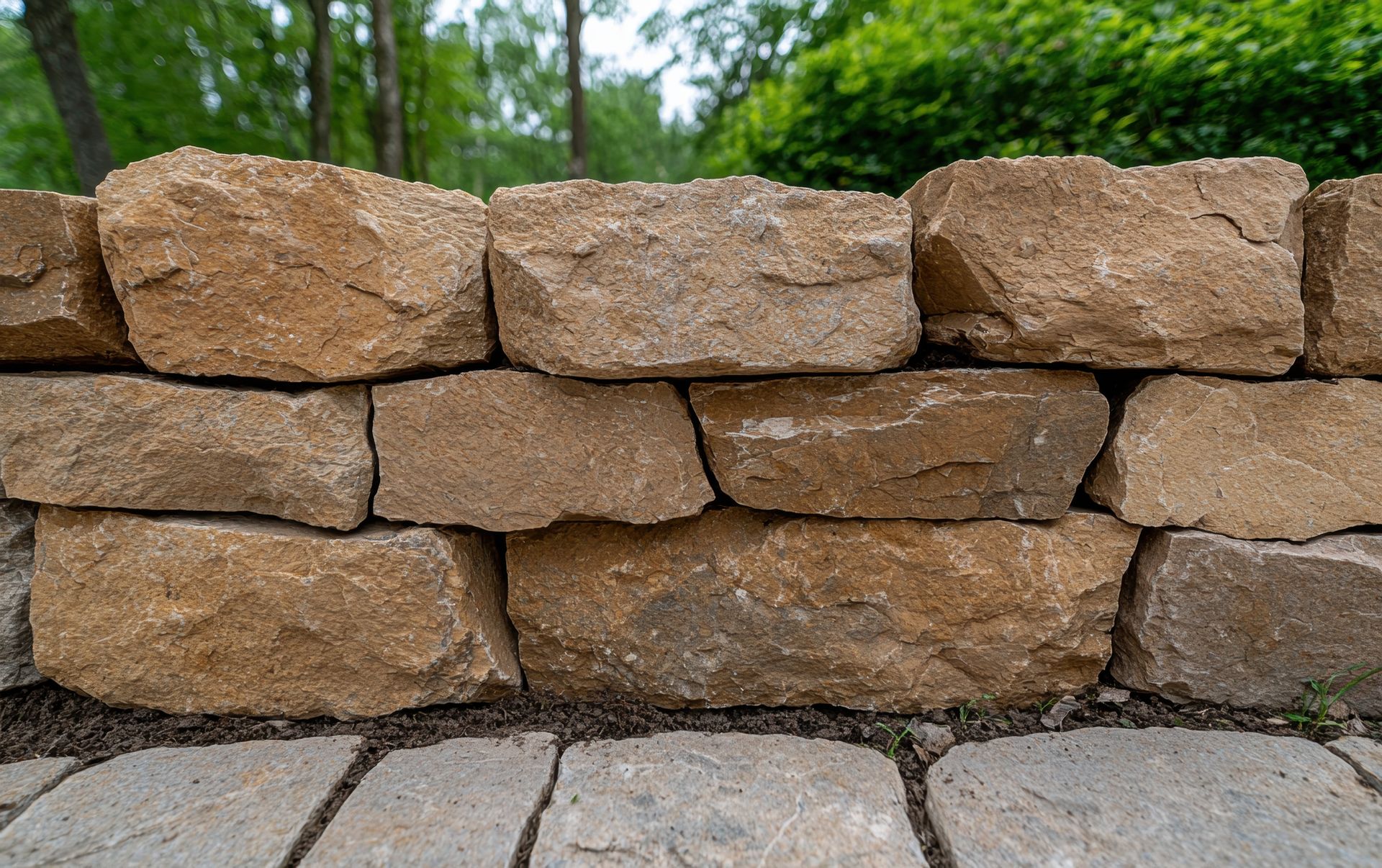
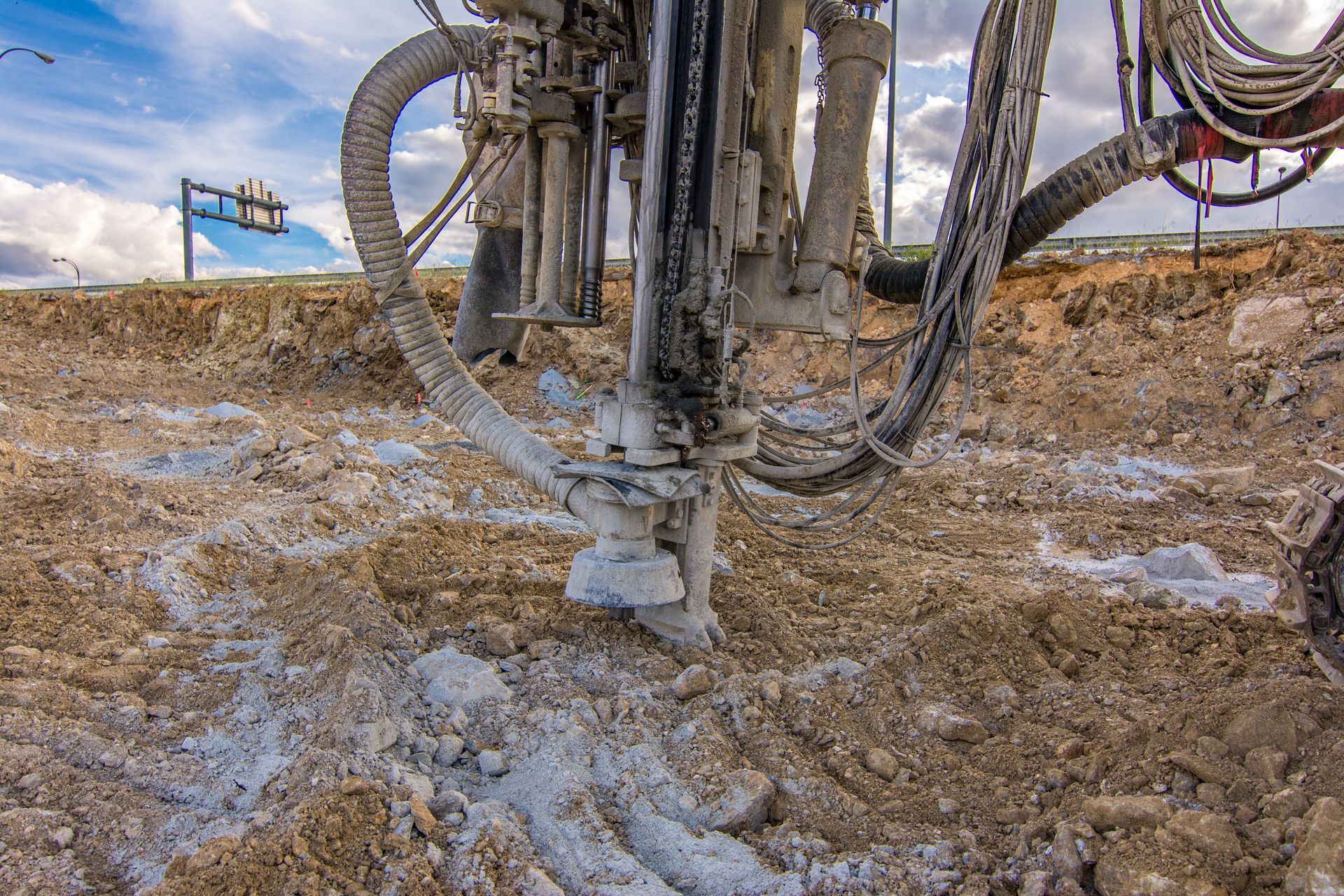
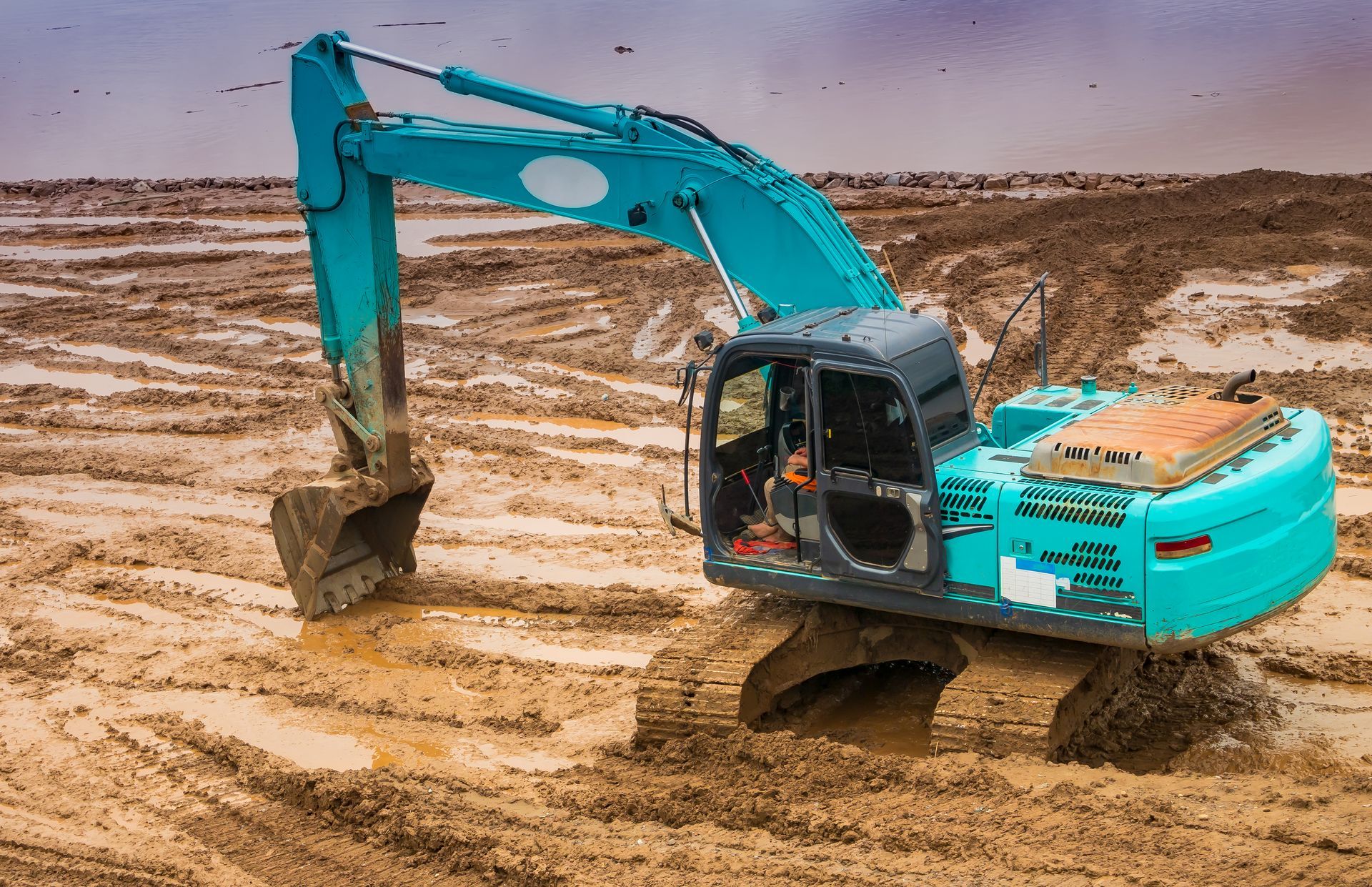
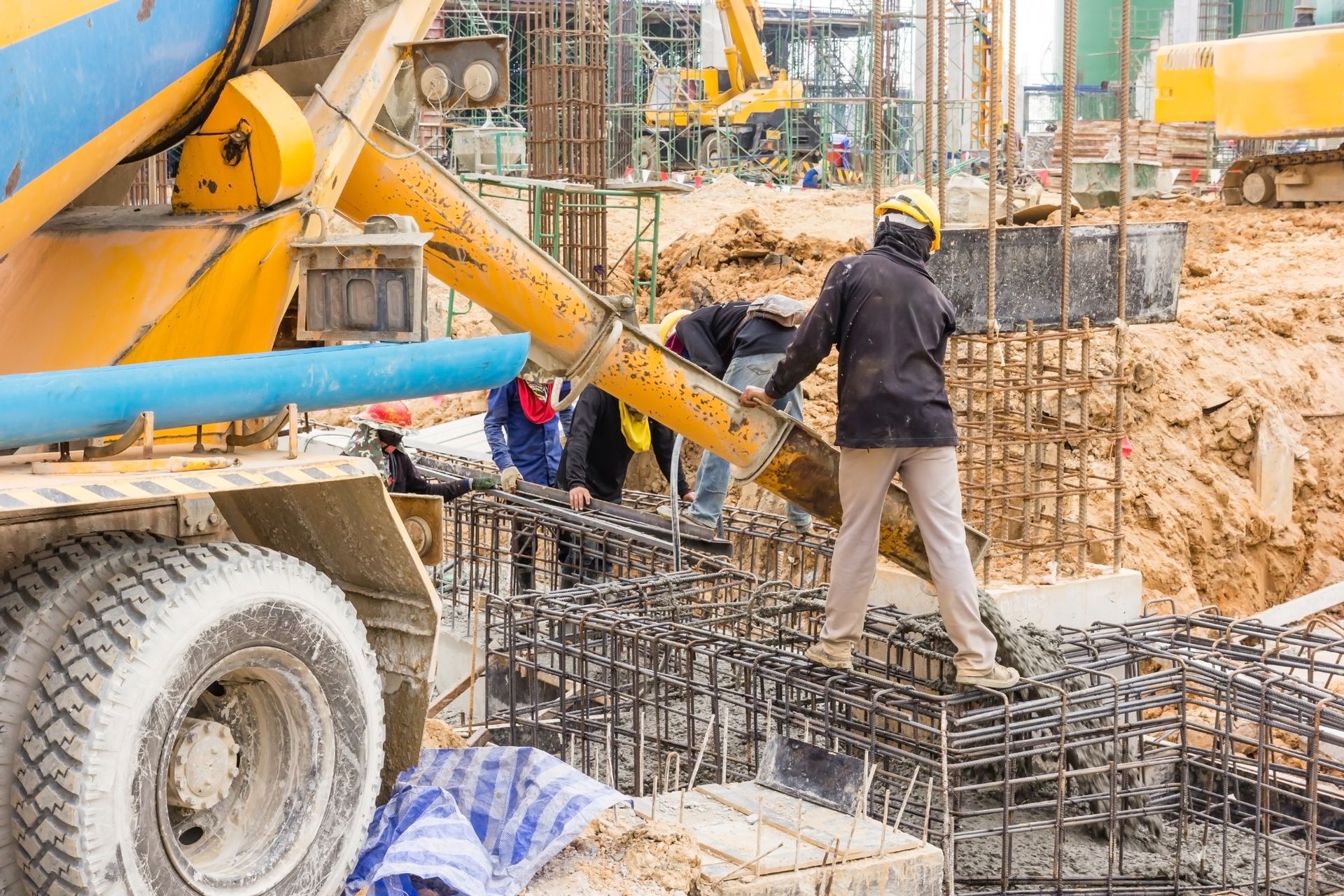
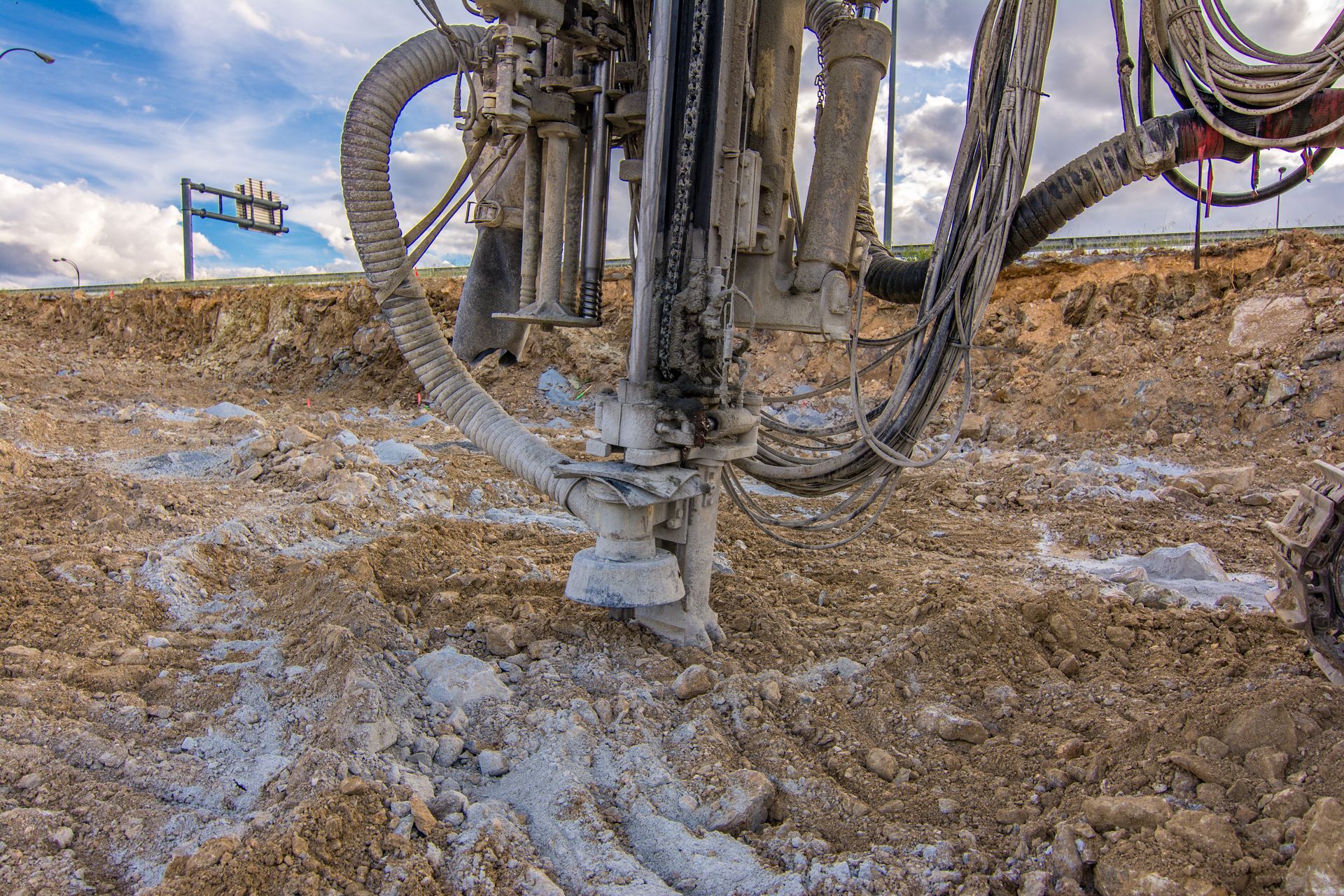
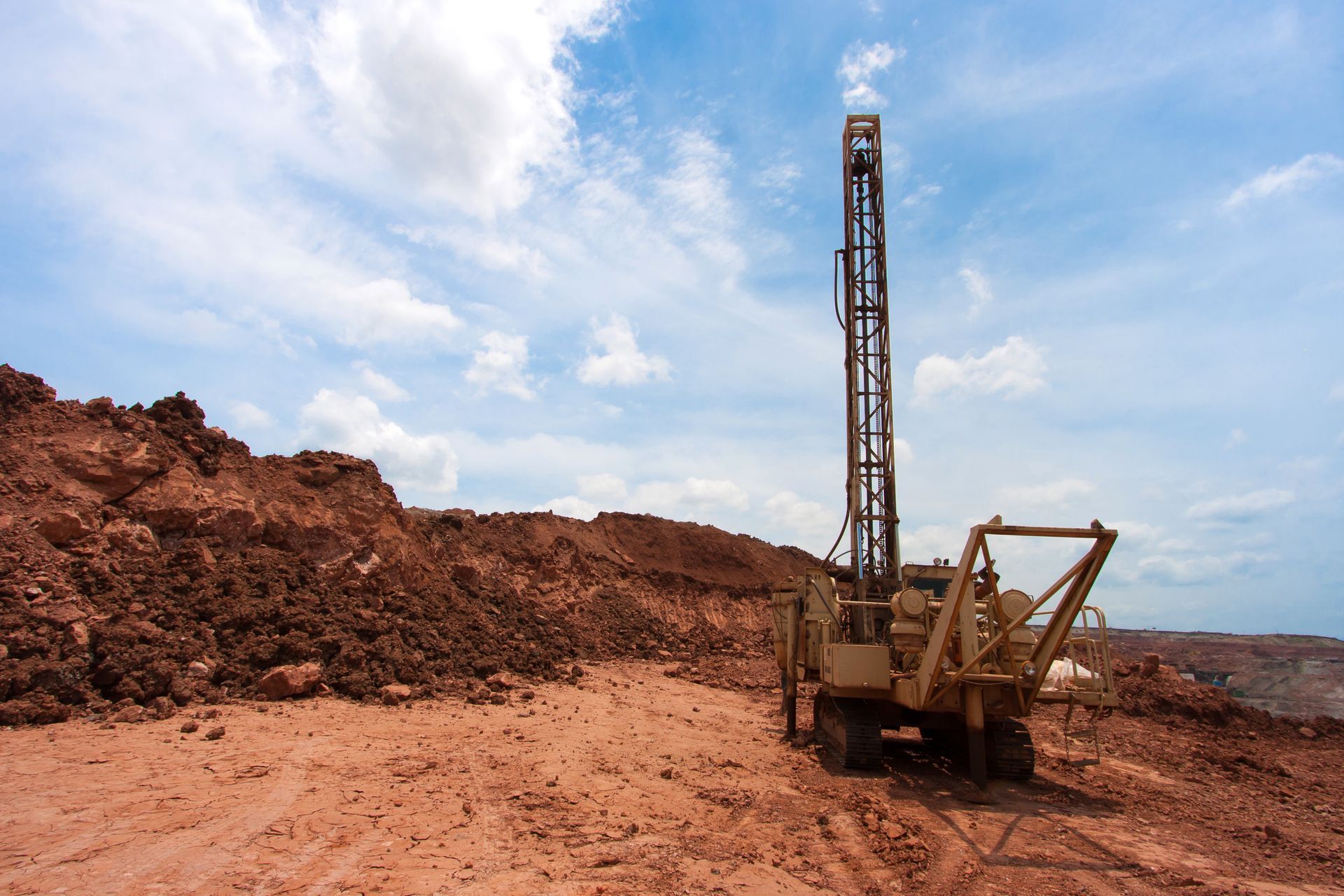
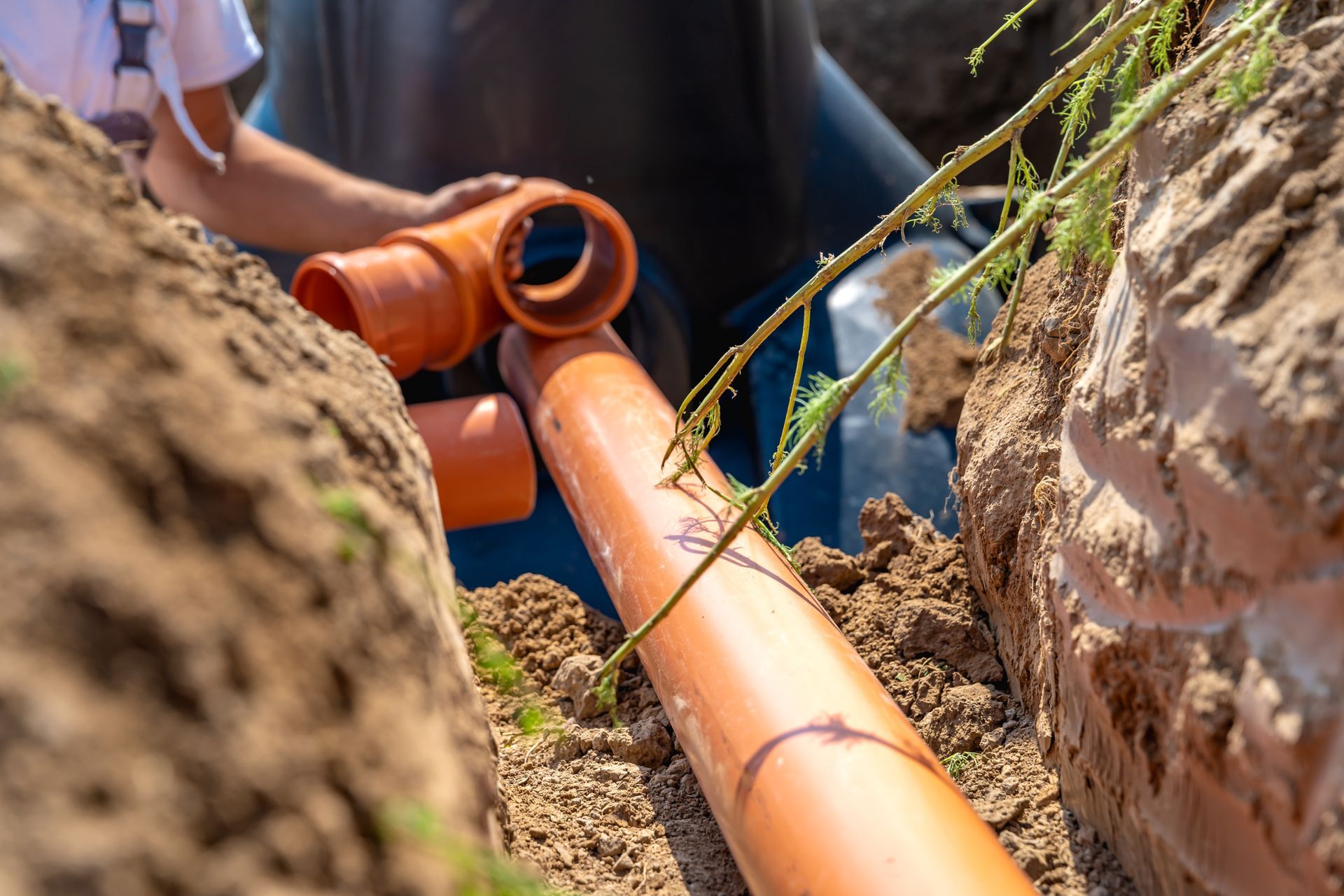
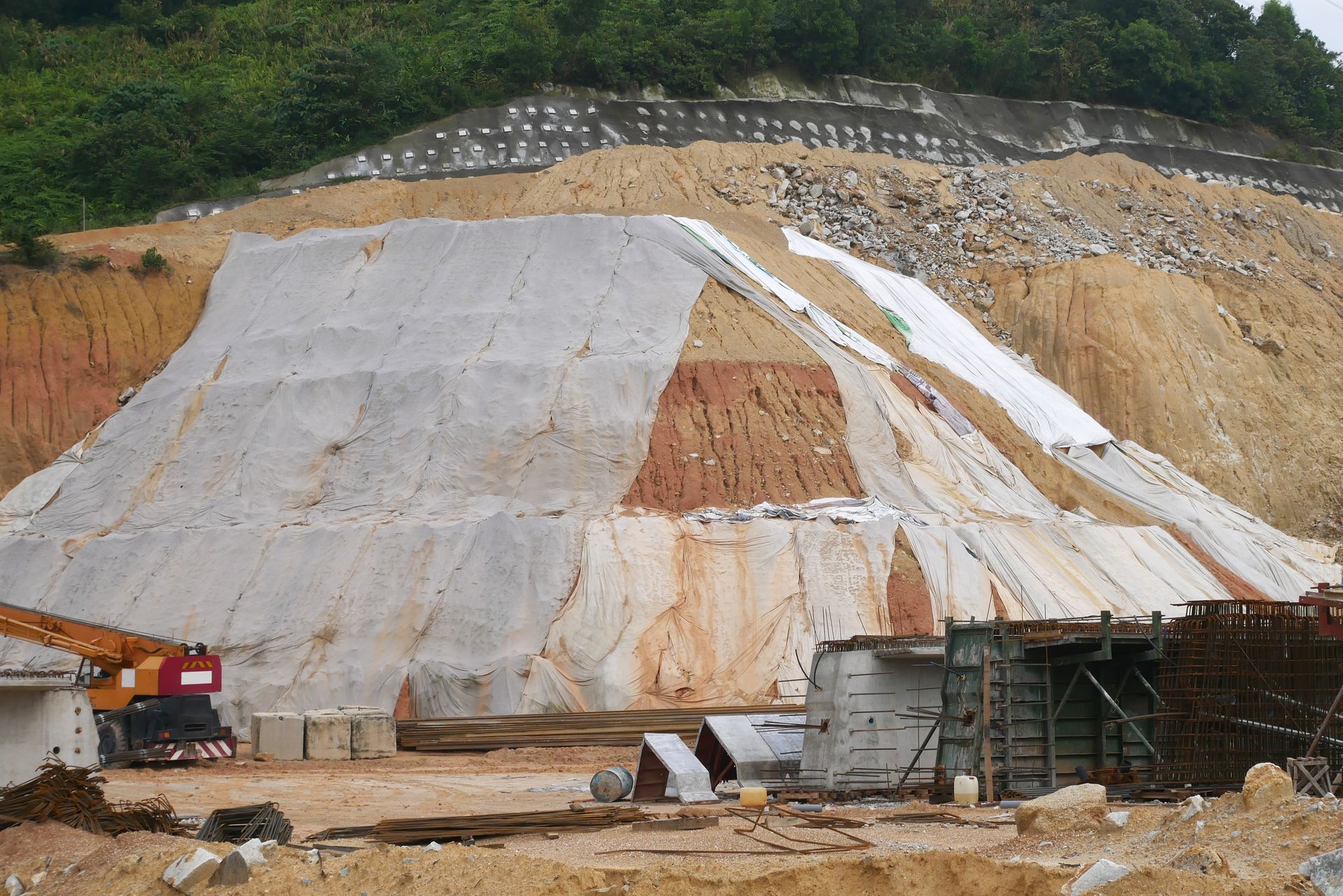
Awar Group Companies, Inc.
319 Main Street, Suite 300
Laurel, MD 20707 USA
800 Village Square Crossings
Palm Beach Gardens, FL 33140
CONTACT INFO
PAYMENT METHODS
We Also Accept ACH
NAVIGATION
HOURS OF OPERATION
Mon - Fri: 8:00AM - 5:00PM
Sat & Sun: By Appointment Only
Copyright. Awar Group Companies, Inc.. All Rights Reserved.
